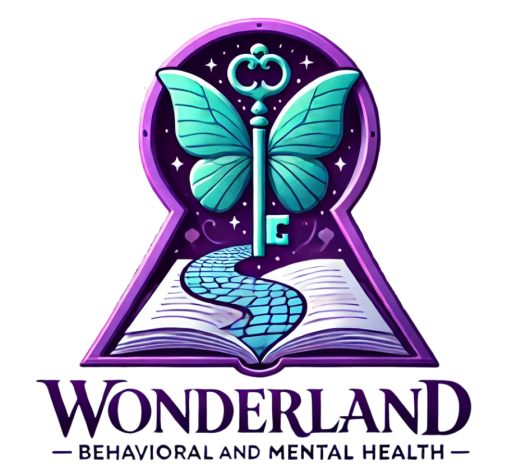Anxiety is a normal part of development, but when it becomes persistent, overwhelming, and interferes with daily life, it may indicate an anxiety disorder. The signs of anxiety can look different depending on a child’s age, making it essential for parents, caregivers, and educators to recognize how anxiety presents at each stage.
Preschool Age (3-5 years old)
At this age, mild fears and separation anxiety are normal, but excessive anxiety can appear as:
✅ Clinginess – Refusing to separate from parents or caregivers.
✅ Irritability – Frequent tantrums or crying over minor issues.
✅ Physical complaints – Stomachaches, headaches, or nausea without a medical cause.
✅ Sleep issues – Trouble falling or staying asleep due to fears.
✅ Avoidance – Extreme distress when faced with new environments or people.
Elementary School Age (6-10 years old)
As kids grow, their anxiety may shift toward school and social interactions:
✅ Excessive worry – About school performance, friendships, or bad things happening.
✅ Perfectionism – Fear of making mistakes or needing constant reassurance.
✅ Somatic symptoms – Frequent stomachaches, headaches, or fatigue.
✅ Difficulty concentrating – Anxiety may make focusing on tasks hard.
✅ Avoidance of activities – Refusing to go to school, playdates, or new situations.
Middle School Age (11-13 years old)
Preteens may struggle with anxiety related to social situations, school, and self-image:
✅ Fear of judgment – Avoiding group activities, presentations, or social events.
✅ Excessive self-consciousness – Hyperaware of how they look or act.
✅ Irritability & mood swings – Anxiety can show up as frustration or withdrawal.
✅ Sleep disturbances – Difficulty falling asleep due to racing thoughts.
✅ Physical symptoms – Muscle tension, stomach pain, dizziness, or nausea.
High School Age (14-18 years old)
Teenagers may experience more intense forms of anxiety, often related to academics, peer relationships, and future planning:
✅ Panic attacks – Sudden episodes of intense fear, rapid heartbeat, and difficulty breathing.
✅ Overthinking – Excessive worry about grades, college, relationships, or the future.
✅ Social anxiety – Avoiding social situations, skipping events, or fearing embarrassment.
✅ Irritability & restlessness – Trouble relaxing, constant worrying, or feeling “on edge.”
✅ Procrastination & avoidance – Putting off tasks due to fear of failure or criticism.
College Age (18-22 years old)
Young adults may face new stressors related to independence, academics, and career pressures:
✅ Generalized anxiety – Persistent worry about classes, finances, relationships, or the future.
✅ Performance anxiety – Stress over tests, public speaking, or high expectations.
✅ Imposter syndrome – Feeling like a fraud, even when succeeding.
✅ Avoidance behaviors – Skipping classes, avoiding responsibilities, or isolating.
✅ Physical symptoms – Fatigue, headaches, digestive issues, or muscle tension.
When to Seek Help
If anxiety begins to interfere with daily activities, relationships, or school performance, professional support can make a significant difference. Therapy, lifestyle adjustments, and sometimes medication can help manage anxiety effectively.
If you or a loved one is struggling with anxiety, you’re not alone. Early recognition and intervention can lead to better outcomes and improved well-being.
📞 Need support? Click here to schedule your free consultation today!

